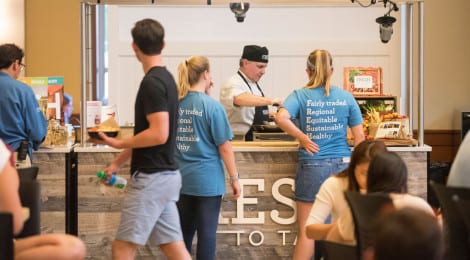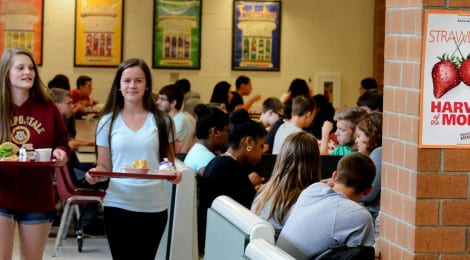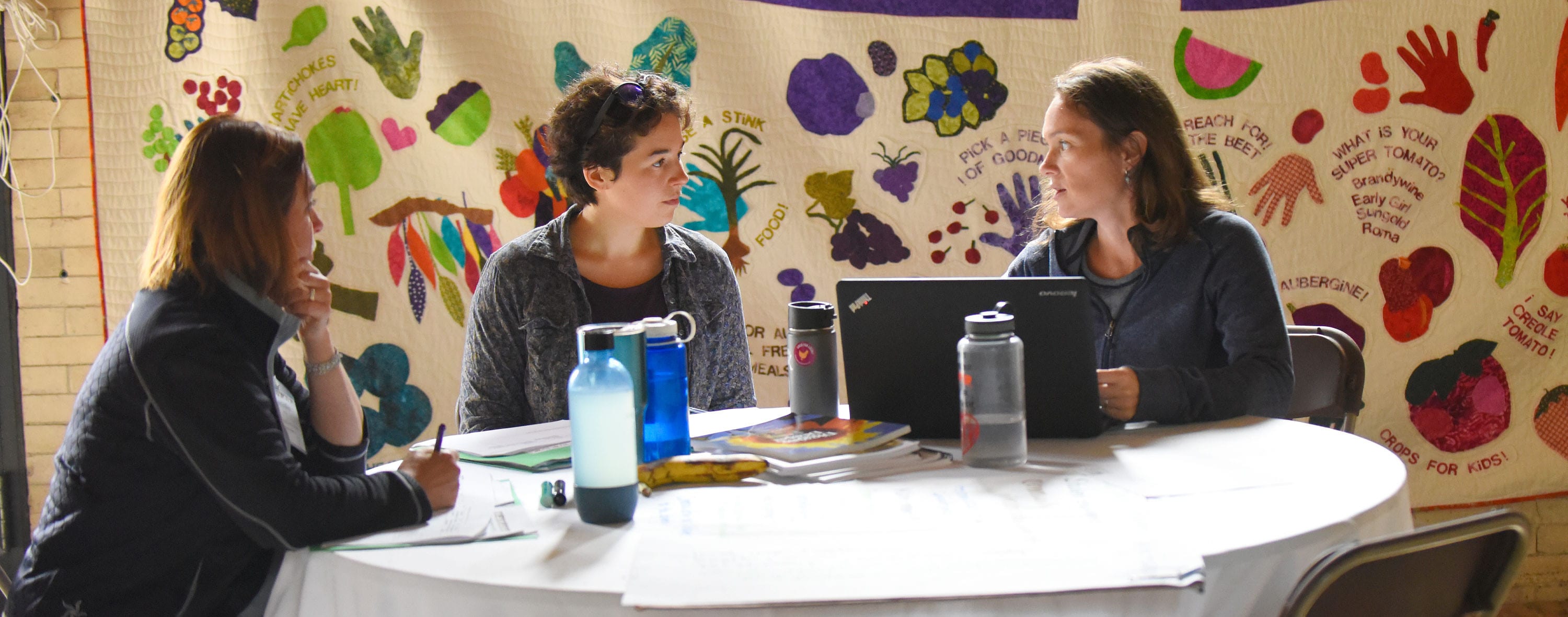
Grantee Profile
Amplifying Impact at the Northeast Farm to School Institute
“Who doesn’t like farm to school?” asks Betsy Rosenbluth, Project Director at Vermont FEED and Core Partner of the National Farm to School Network and Northeast Farm to School Collaborative. She has been working on farm to school (FTS) policy and initiatives for more than ten years, primarily in Vermont. To Rosenbluth and her collaborators, FTS is much more than bringing a small group of students on a field trip to a local farm every spring. FTS is a proxy for tackling innumerable other health, economic, educational, and environmental challenges, including child hunger, sustaining local agri/aquaculture economies, and inadequate nutrition education. As a Massachusetts-based colleague of Rosenbluth articulates: “Farm to school is really not just about putting green produce on the table; it’s really about what happens before and after you get your food.”
In the Northeast, food insecurity affects more than 20 percent of all children. In Massachusetts and Vermont, around 44 percent of public school students qualify for free and reduced-price meals; among those states’ schools with the highest levels of poverty, that rate jumps to 70, 80, or more than 90 percent. Yet, within those same under-resourced school districts in Massachusetts, only 49 percent of students participate in school breakfast programs. So, although thousands of New England public school students arrive at school hungry, their cafeterias go underutilized, underfunded, and undervalued. Meanwhile, research has repeatedly demonstrated direct causation between child hunger and poor behavior and academic performance in school. “You can’t teach a hungry child,” says Danielle Fleury from the USDA Office of Community Food Systems, Northeast. Fleury argues that, as a society, we need “to recognize the value of feeding children at school” and understand that school meals are inextricably linked to the classroom and students’ lifelong health and happiness. “The work that a school does extends beyond the classroom,” echoes Rachel Harb, Training and Events Coordinator at Massachusetts Farm to School.
That’s where FTS comes in. Fleury and Rosenbluth have been working together on FTS since 2014, when the USDA piloted seven Regional Lead positions to coordinate the regional steering committees of the National Farm to School Network (NFSN). As Regional Lead for the Northeast, Fleury has been responsible for supporting and coordinating northeast FTS efforts for the USDA and helping districts navigate federal regulations. Rosenbluth and Vermont FEED became involved in the NFSN and the Northeast Regional Steering Committee early on by participating in monthly regional phone calls. Rosenbluth and her colleagues established Vermont FEED as the de facto FTS nonprofit leader in Vermont and formalized the Vermont FTS Network in 2009. But the Northeast’s robust degree of nonprofit FTS participation has been unique nationally and rendered the region the only one out of seven that truly benefited from a regional sub-structure. So, when the NFSN dissolved the six other regional networks to focus instead on state capacity building, Rosenbluth, Fleury, and their regional collaborators came together to form a continuation of the Northeast network: the Northeast Farm to School Collaborative.
“More than anything, it’s a peer learning community,” articulates Rosenbluth of the Collaborative. In its evolution from NFSN regional network to its current form, the Collaborative elected not to become its own nonprofit organization. Instead, they opted to remain a flexible and efficient network, working across the six New England states and New York to maintain regional alignment and promote action at the school, district, state, and regional levels. According to Mikayla Anthes, Rhode Island Core Partner of the Collaborative and National Farm to School Network, the Collaborative has become an invaluable “resource to provide best practices and expertise from some of the most experienced farm to school practitioners in the country.” The annual Northeast Farm to School Institute, presented by Vermont FEED in partnership with the Collaborative, epitomizes this growing regional impact. The Institute, formerly the Vermont Farm to School Institute, began as and remains a capacity-building, professional development program for schools interested in growing their FTS program. A grant from the USDA allowed the Vermont Institute to grow into a regional event. Combined, the Institutes have reached more than 54,000 students and 74 schools across the Northeast (and counting).
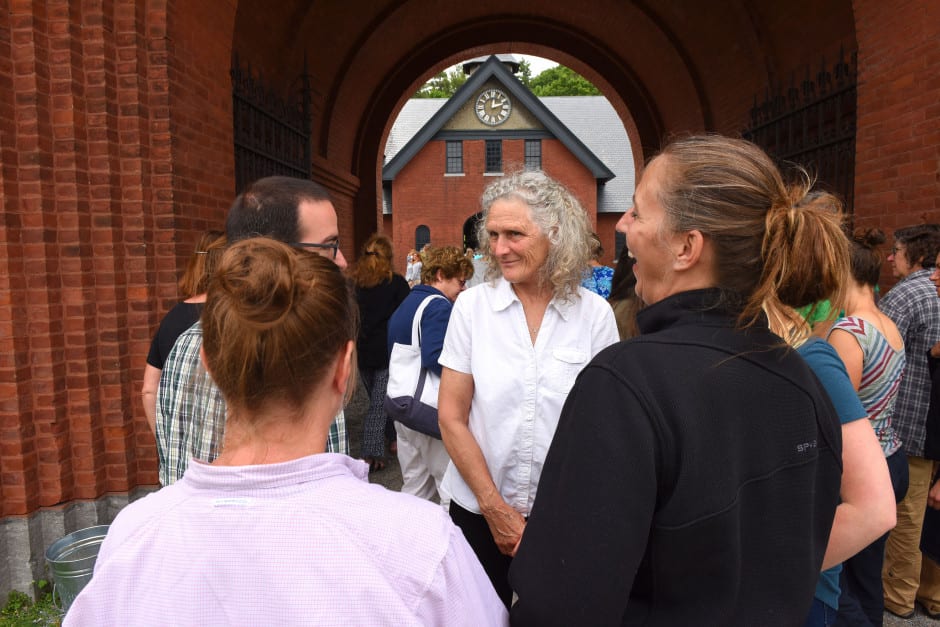
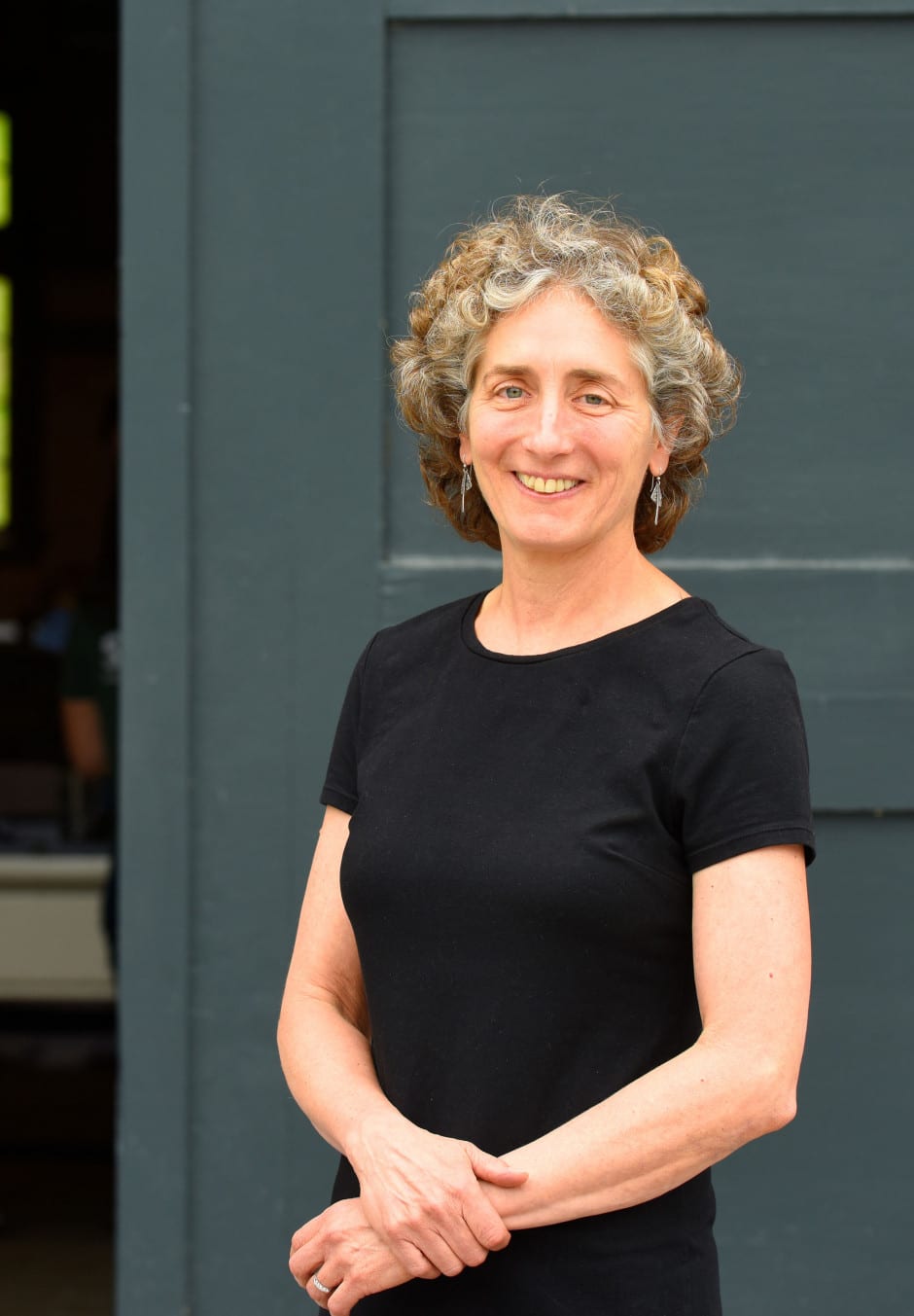

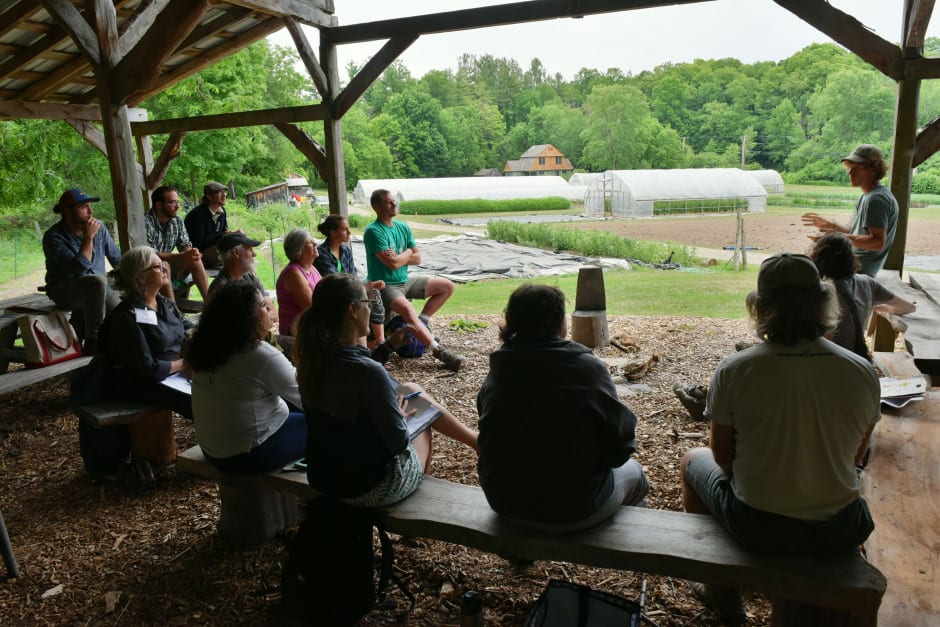
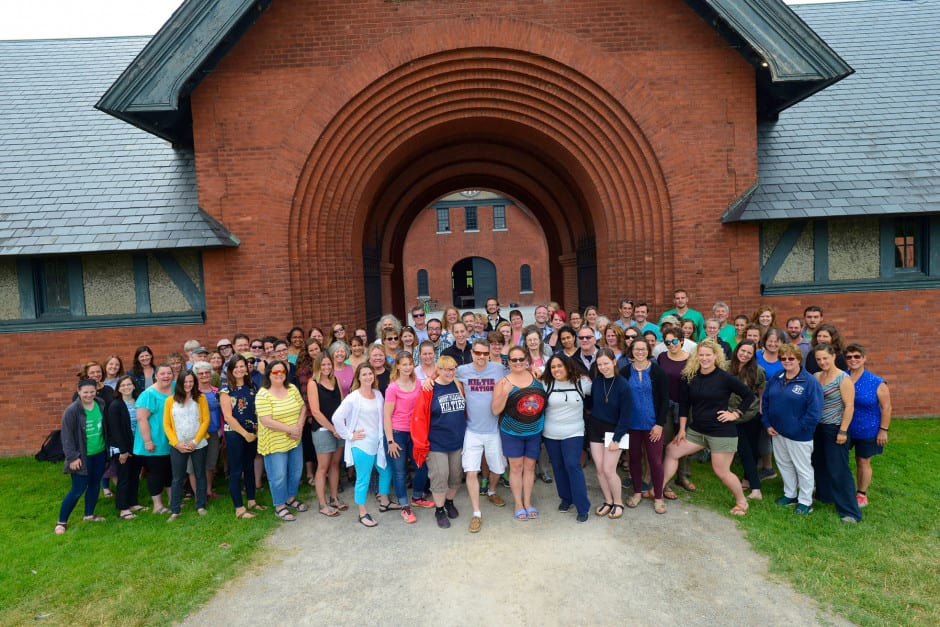
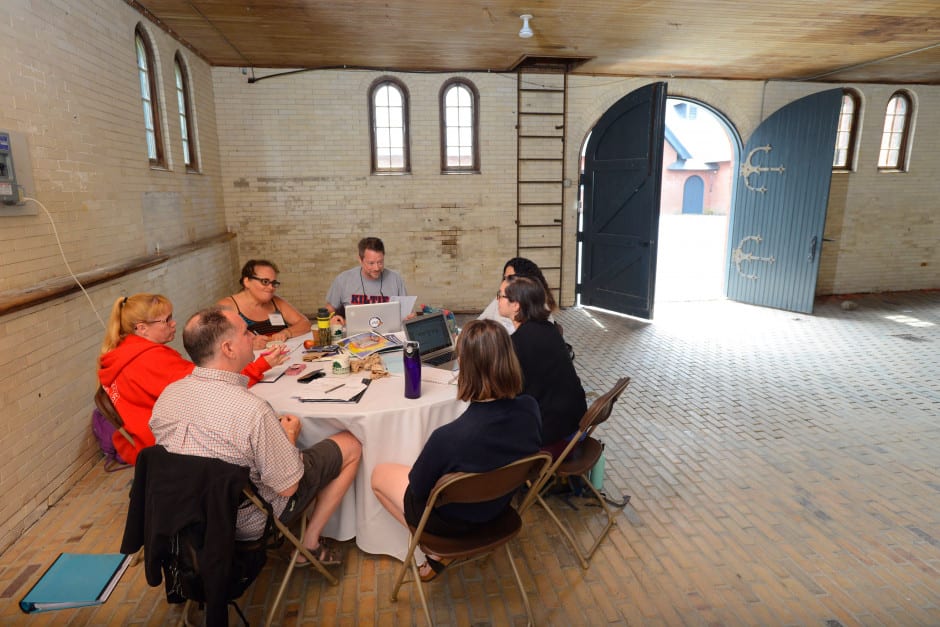
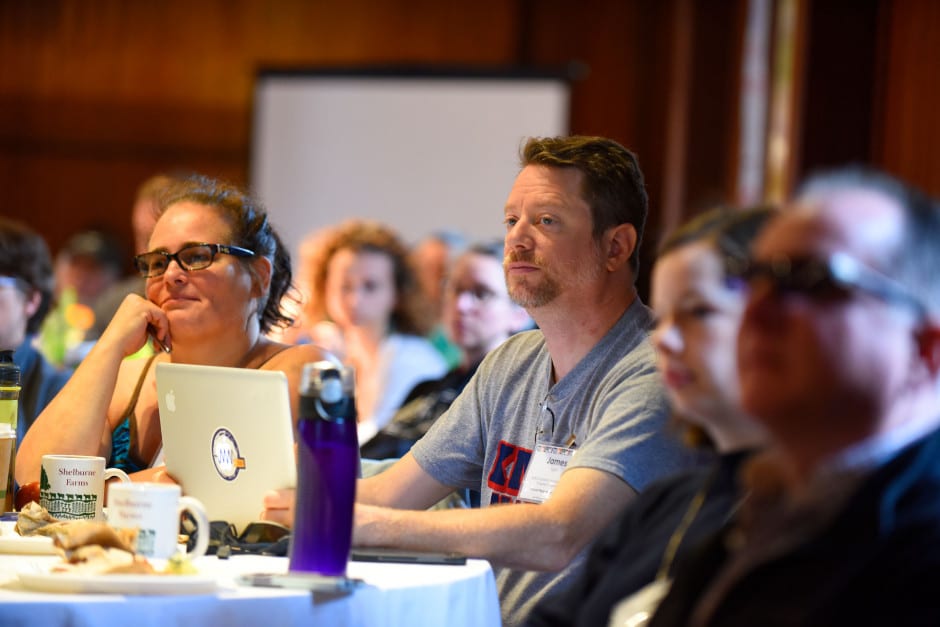
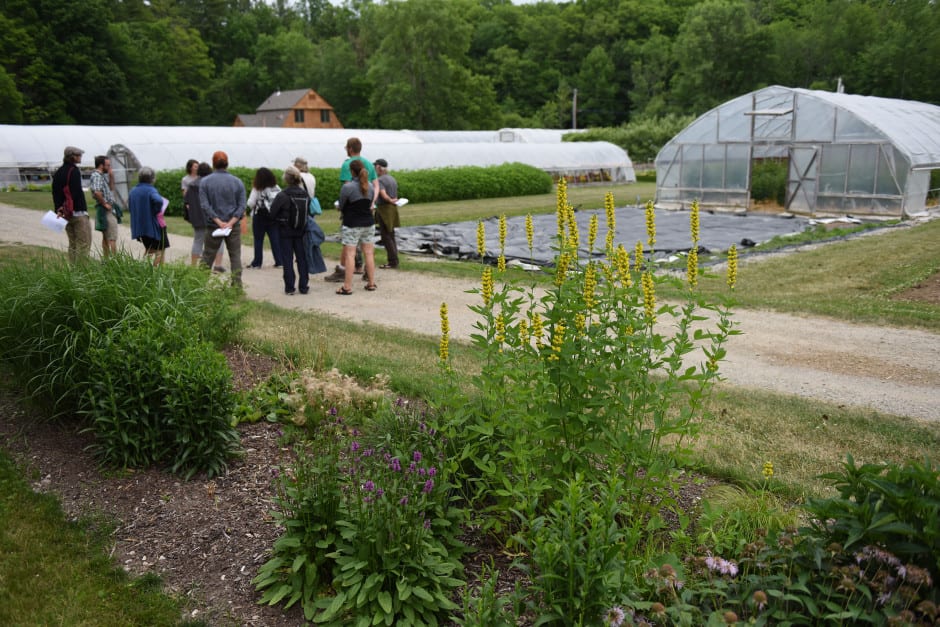
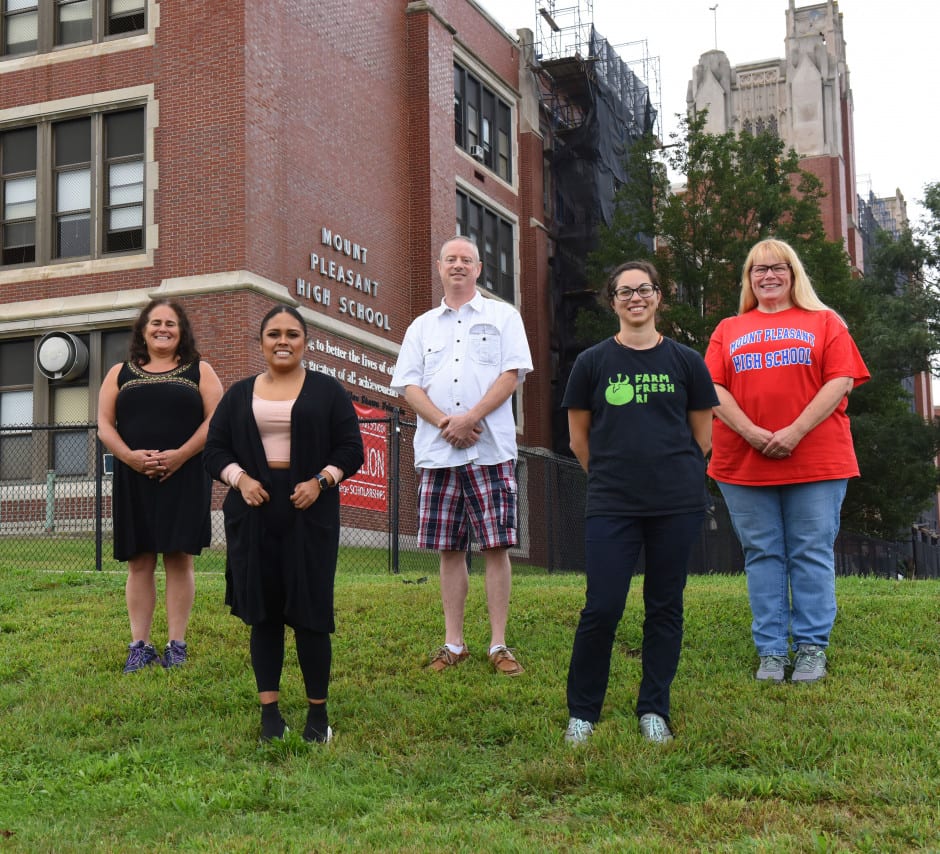


The year-long institute kicks off each year with a three-day summer retreat at Shelburne Farms in Vermont – a 1,400-acre working farm, forest and National Historic Landmark that hugs the edge of Lake Champlain. The school teams who attend the retreat represent different parts of school communities, including administrators, teachers, food service staff and community partners. Each team leaves the summer retreat with a FTS Action Plan for the school year and an experienced FTS coach to support them in implementing their plan. The staff of Vermont FEED, Shelburne Farms, and NOFA-VT who run the Institute are experts in professional development and farm-based education. Megan Camp, Vice President and Program Director at Shelburne Farms, says that the Institute is designed for schools who “need this program to really galvanize their work.” The collaborative atmosphere and structure of the program create a community among participants and innumerable opportunities for peer learning, says Harb, who has been to the summer retreat three times. She appreciates that the Institute “emphasizes the whole school aspect of farm to school…It’s not working in your silos, it’s crossing over and exploring the beauty and potential of collaborating.” Rosenbluth, who has watched the retreat evolve from its inception, is excited every year to see how the program continues to evolve and flourish. She observes that providing school teams with the time, resources, and space to get together and strategize “just works.”
One school team that had the opportunity to take part in the June 2018 retreat was a group from Mount Pleasant High School in Providence, Rhode Island, put together by special education teacher James Egan. Around 85 percent of Mount Pleasant’s students qualify for free or reduced lunch. Tammy Lafreniare is a nurse at the school and member of their Institute team. She reports that students come to her office every day of the school year suffering from headaches or fatigue because they haven’t eaten a meal since lunch the previous day. The challenges Mount Pleasant faces demand an integrative and holistic solution like FTS. Egan has been working to create that solution for over a decade. In 2002, he and a colleague started what he believes to be the nation’s first backpack meal program, after they learned that many students weren’t eating between Friday’s school lunch and their return to Mount Pleasant the following Monday. “It just struck a nerve,” says Egan. Then, in 2003, Egan decided to build an entire educational program from the backpack program, which soon inspired his garden program, and eventually led to his present goal of erecting an educational greenhouse on the school’s campus.
Egan first traveled to Shelburne Farms in June 2017 as the convener of a Providence school district team, coached by Anthes, who is also Program Manager of Nutrition Education at Farm Fresh Rhode Island. Throughout the 2017-2018 school year, Egan continued to receive grants for his program at Mount Pleasant and he began recruiting additional collaborators who would eventually join the Mount Pleasant team for the 2018 summer retreat. The goals that this new group set over those three days for the coming year, with Anthes’ guidance, are concrete and achievable, as the Institute’s facilitators advise. These goals cut across all aspects of student life and education at Mount Pleasant, including the food the school cafeteria serves, English and Science curricula, field trip programs, broader community involvement, and more.
For instance, the team plans to identify a specific location inside the cafeteria in which to install a television that will broadcast posters, photographs, and artwork relating to FTS programming. Karen Ramirez, who teaches English Language Arts to second language learners, also plans to adjust her four-unit curriculum this year to devote one unit entirely to agricultural topics. Meanwhile, Donna Casanova, Supervisor of Science Initiatives for Providence Public Schools, plans to write new units into her high school curricula grounded in FTS. These smaller actions are meant to help prepare Mount Pleasant for the team’s longer-term goal of establishing an Agricultural Academy in Fall 2019; the school already hosts a Teacher Academy, Birch Academy (for special education), and an Engineering Academy. They are also opening an Arts Academy this September. “We have to make realistic asks so that it’s sustainable,” says Anthes. All these small changes help “to shift school culture” for the long term.
This is what FTS means to partners of the Collaborative: programs that transform entire schools and communities. “Those crossovers between how access to fresh food, school gardens, taste tests, and nutrition education in classrooms all kind of coalesce into this multilevel experiential education for students,” says Harb. Inside the cafeteria, Hunger Free Vermont has demonstrated the “virtuous cycle” of growth that school meal programs can enter by investing in FTS programs. Higher quality school meals, says the organization, lead to increased student meal participation, resulting in improved school cafeteria finances, which then allow schools to purchase more local food and expand FTS programming. FTS also stretches beyond the school walls to deliver “justice to the people who grow, process, deliver, and serve food,” argues Anthes. Alyson Eastman, Deputy Secretary of the Vermont Agency of Agriculture Food and Markets, explains that through FTS, you can teach “students at a young age how to connect with the land and where their food comes from.” This not only supports students’ health and learning, but also local food producers’ livelihoods. Throughout schools and their broader communities, FTS results in fortified local economies, increased student learning, and overall community well-being.
The FTS Institute is a strong example of how the Collaborative is generating change at the school level while also working with state and nonprofit partners to continue scaling and better supporting that impact across the Northeast. Rosenbluth has already seen that this strategy works. The state of Vermont has become a pioneer of the farm to school movement, thanks largely to Vermont FEED, the Vermont Farm to School Network, and multi-agency investment at the state government level. Vermont runs its own Farm to School Grant Program, which provides not only funds, but also support services – including a coach, curricula, procurement guidance, school gardens support, and more – to grantees. The program has supported 65,785 students at 163 Vermont schools since its establishment in 2006. Ali Zipparo, Farm to School Program Manager with the Vermont Agency of Agriculture Food and Markets, asserts that public-private partnerships are essential to the state’s success in FTS. While a small state like Vermont can provide some support and funding to farm to school programs, Zipparo says they still need nonprofits to do the advocacy work that raises the profile of FTS, as well as provide services that the government does not have the resources to organize.
The Northeast Farm to School Collaborative is fulfilling that role, in Vermont and across the region. “A lot of it starts with excited individuals who go a little bit rogue,” says Harb. She speaks for most of her colleagues when she articulates her hope that FTS will just become “second nature.” Fleury also hopes for the institutionalization of FTS, which the USDA is attempting to facilitate by reinvesting in FTS at the regional level, with the Northeast and its institute as a model. “You have to be a little bit patient,” says Rosenbluth, because scaling impact takes time and a lot of hard work. That’s why, she explains, the Collaborative seeks out opportunities to cultivate “investment that embeds farm to school for the long-term.”
Ultimately, FTS has a “multiplying effect on communities, the environment, health and wellness, and the economy,” says Anthes. Just this year, the states of New Hampshire, Massachusetts, and New York are each hosting their own FTS institutes to provide more whole-school professional development support to their communities. A grant from the Kendall Foundation helped New Hampshire fund their institute and provide grants to those schools to implement their action plans. With continued dedication and backbone support from Rosenbluth, Fleury, and other regional leaders, the Collaborative has demonstrated its capacity to both transform FTS throughout the region and catalyze innovation nationwide.
Through farm to school, you can teach students at a young age how to connect with the land and where their food comes from. This not only supports students’ health and learning, but also local food producers’ livelihoods.
